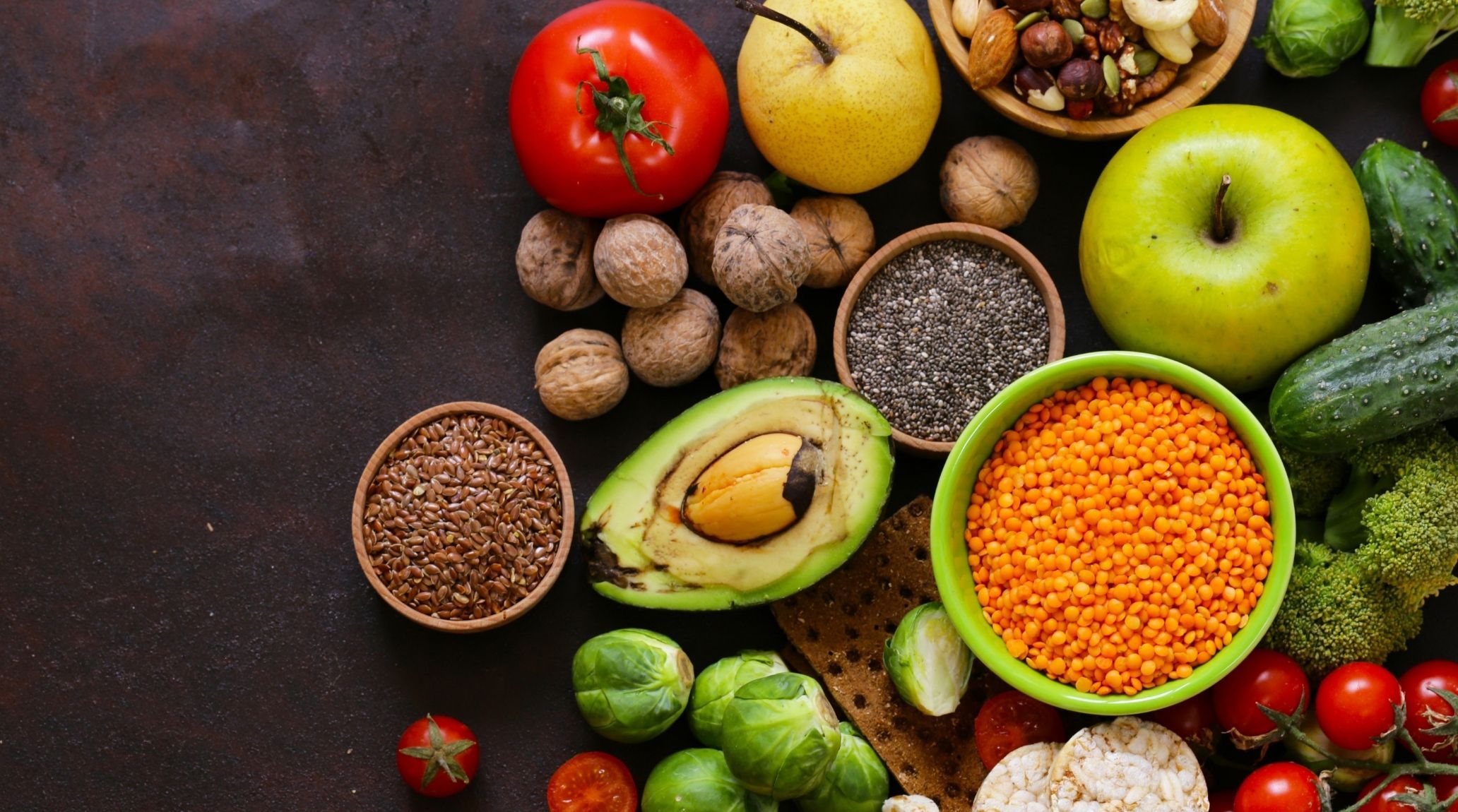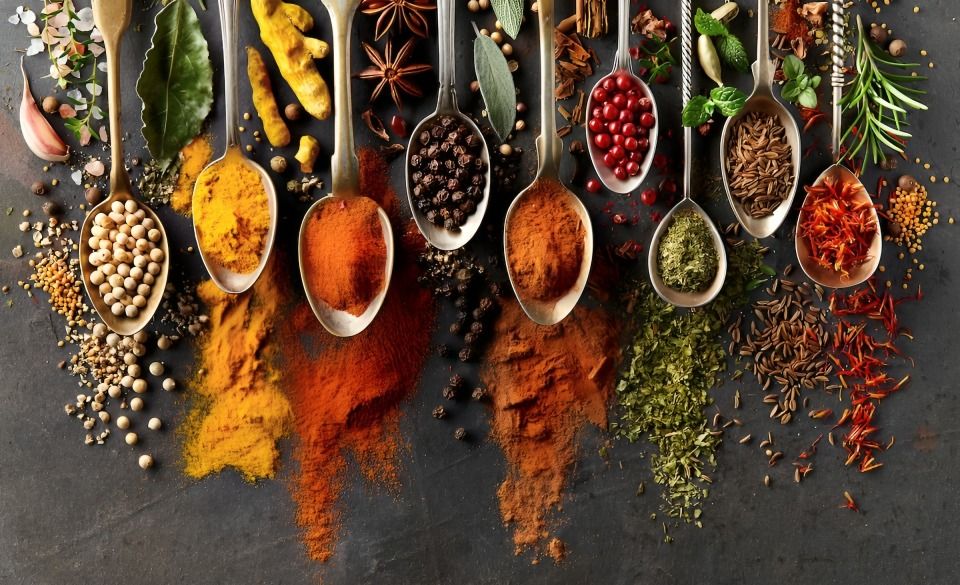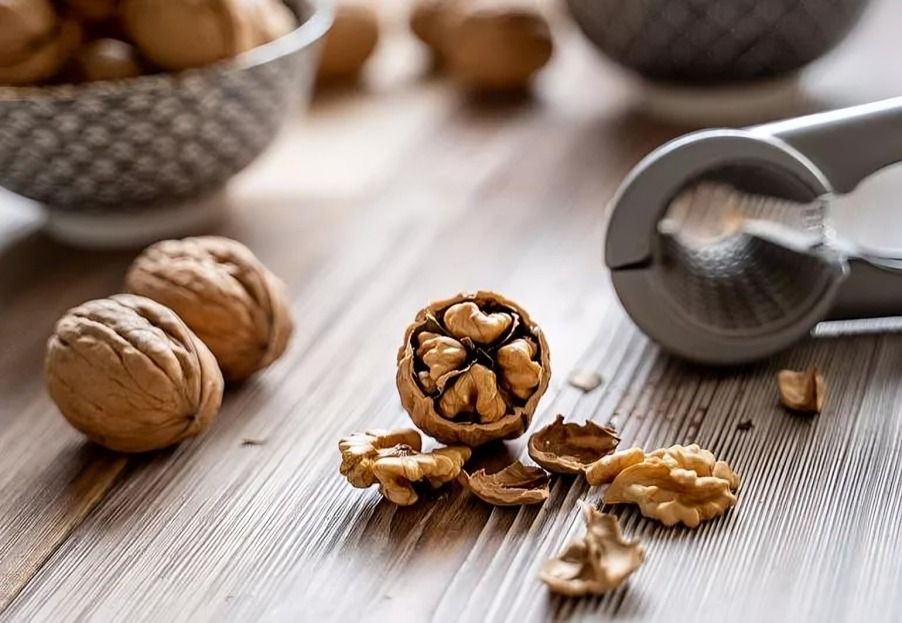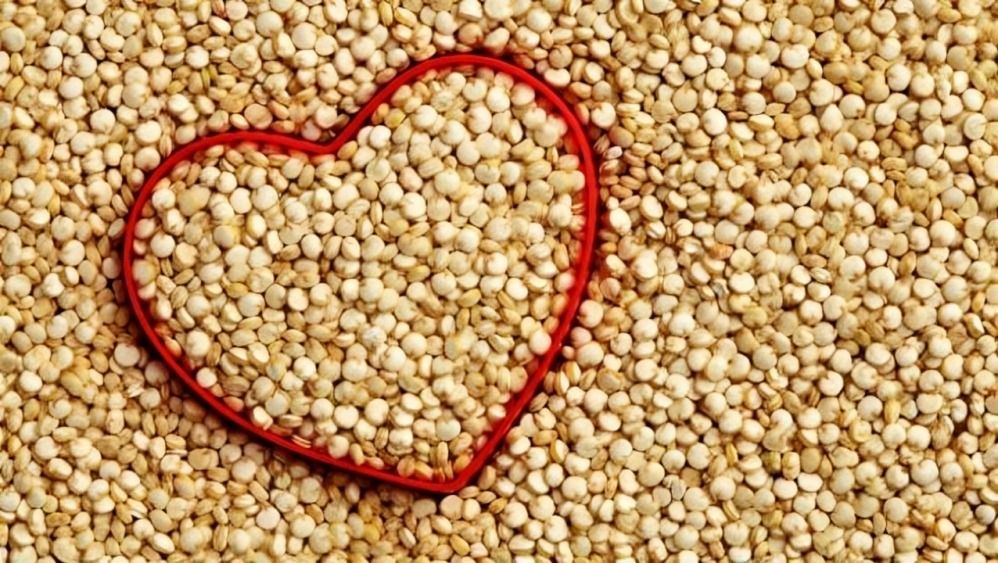
“
In today's quest for a healthier lifestyle, the role of plant-based foods cannot be overstated. From vibrant fruits and nutrient-packed vegetables to wholesome grains and aromatic spices, these foods nourish our bodies and offer myriad health benefits. Join us on a journey through 20 fascinating facts about healthy plant foods as we uncover their nutritional prowess, cultural significance, and culinary versatility. 1
1
1
1
1
”
Fruits are nature's candy, bursting with flavors and essential nutrients. They come in a dazzling array of shapes, colors, and tastes, from the tartness of lemons to the sweetness of mangoes. Fruits provide a delicious way to meet our nutritional needs.1
Vegetables are the cornerstone of a balanced diet, offering a wealth of vitamins, minerals, and fiber. They range from leafy greens like spinach and kale to root vegetables like carrots and potatoes, each contributing unique nutritional benefits. 2
Grains are a vital energy source, forming the base of many traditional diets worldwide. Staples like rice, wheat, and corn provide carbohydrates crucial for fueling our bodies. 3

Spices add depth and flavor to dishes, transforming ordinary meals into culinary delights. Among them, peppers stand out for their versatility and heat profiles. From mild bell peppers to fiery chili peppers, they offer a unique culinary experience.
Plant-derived oils are essential in cooking and nutrition, offering distinct flavors and health benefits. Olive oil, known for its Mediterranean origins, enriches dishes with its fruity taste and heart-healthy properties. 4
Nuts and seeds are nutrient-dense and packed with healthy fats, protein, and essential vitamins. They can be enjoyed as snacks or added to meals to enhance flavor and boost nutritional value, supporting overall health and well-being. 5

Maple syrup is made from the sap of maple trees. It's a popular sweetener for pancakes, waffles, and desserts. The rich flavor and natural sweetness of maple syrup make it a favored alternative to refined sugars.
Whole grains are rich in fiber, vitamins, and minerals. They support overall health by improving digestion, regulating blood sugar levels, and providing essential nutrients. Incorporating whole grains into your diet can contribute to long-term wellness. 6
Stevia is a natural sweetener extracted from the leaves of the stevia plant. It's used as a sugar substitute in foods and drinks. Stevia offers a sweet taste without the calories and glycemic impact of traditional sugars. 7
Almonds are a popular nut known for their nutritional benefits. They can be eaten raw, roasted, or used to make almond milk and butter. Almonds are rich in healthy fats, protein, and essential nutrients.8

Walnuts are rich in omega-3 fatty acids. They are commonly used in baking, cooking, and as a healthy snack. Walnuts contribute to heart health and provide a crunchy texture and nutty flavor to various dishes.
Basil is a fragrant herb used in Italian and other cuisines. It's essential in making pesto and adds flavor to various dishes. Basil's aromatic leaves enhance the taste of many recipes and offer potential health benefits. 9
Legumes are high in protein, fiber, and iron, making them an excellent meat alternative. They provide essential nutrients and support overall health, while also being versatile and beneficial for maintaining a balanced diet. 10
Coffee beans are roasted and brewed to make coffee, a popular beverage. They are grown in tropical regions around the world. Coffee beans provide a stimulating effect and rich flavor, making coffee a favorite morning ritual. 11
Chia seeds are nutrient-dense seeds rich in omega-3 fatty acids, fiber, and antioxidants. They are often added to smoothies, yogurt, and baked goods. Chia seeds contribute to digestive health and provide sustained energy. 12

Tea leaves are used to make various types of tea, including black, green, and herbal teas. They are rich in antioxidants and enjoyed for their diverse flavors and health benefits. Tea can be a soothing and beneficial addition to daily routines.
Honey is a natural sweetener produced by bees from plant nectar. It's used in cooking and baking and as a remedy for its medicinal properties. Honey offers a unique sweetness and potential health benefits due to its natural composition. 13
Molasses is a byproduct of sugar production known for its rich, robust flavor. It's used in baking, particularly in gingerbread and barbecue sauces. Molasses adds a deep, complex sweetness to recipes. 14

Quinoa, a pseudo-cereal, is prized for its high protein content and versatile use. It's used in salads, soups, and as a grain substitute. Quinoa offers a complete protein source and is a nutritious addition to various dishes.
Vanilla, derived from orchid pods, enhances desserts and beverages with its sweet, aromatic flavor. It is a popular ingredient worldwide. Vanilla adds a signature sweetness and complexity to many culinary creations. 15


